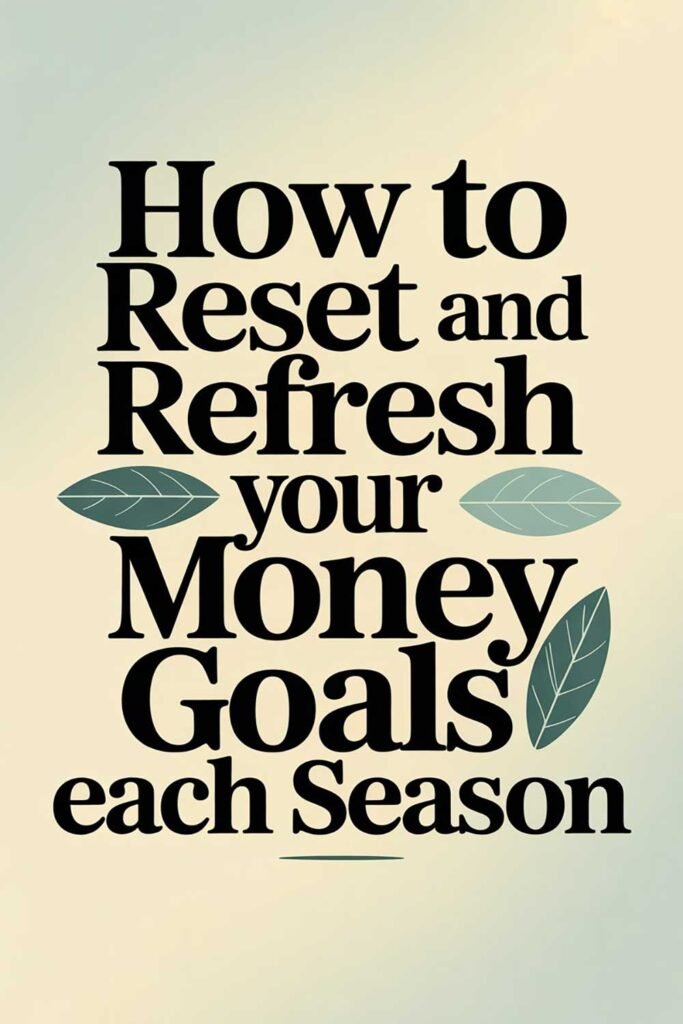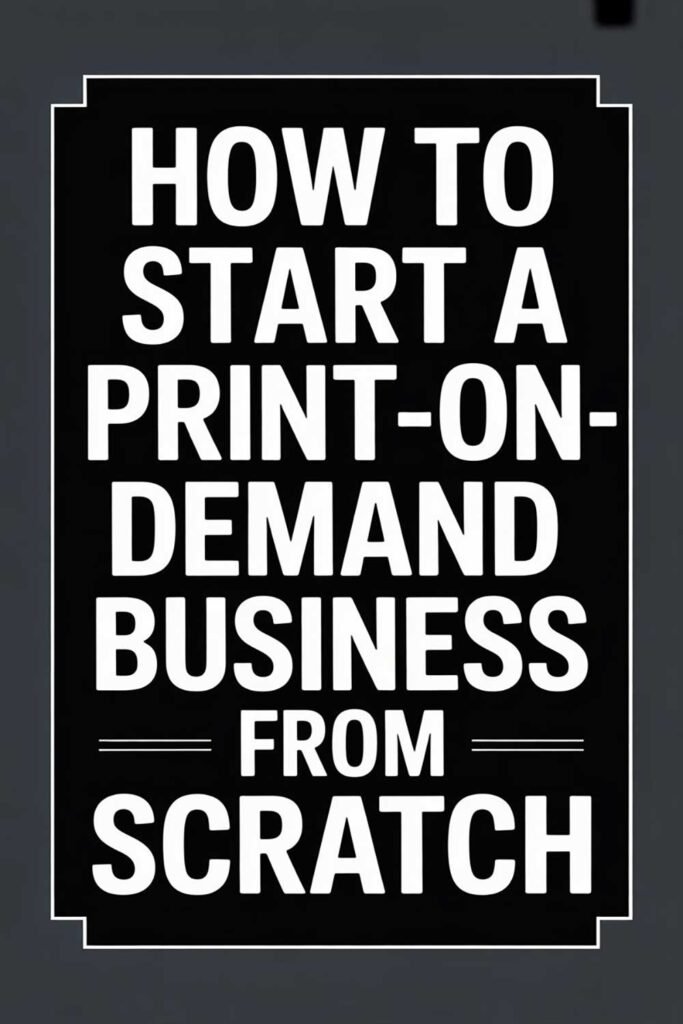How to Organize Your Finances Without Getting Overwhelmed
Feeling overwhelmed by your finances? You’re not alone. The modern world throws a lot at us—bills, subscriptions, debt, unexpected expenses, savings goals, and more. But here’s the truth: your financial life doesn’t have to be chaotic. With the right steps, you can organize your finances without feeling like you’re drowning. In fact, with a bit of structure, it can even become empowering.
Let’s walk through how to organize your finances step-by-step—without stress, panic, or confusion.
1. Start With a Money Inventory
Before you organize anything, you need to know what you’re working with.
Take inventory of:
- All income sources
- Bank accounts
- Credit cards
- Subscriptions
- Debts
- Investments
- Savings accounts
Tip: Use a spreadsheet or an app like Mint, YNAB, or Monarch Money.
Real-life example:
Maya, a freelance designer, was overwhelmed by inconsistent income and too many bank accounts. She created a Google Sheet listing every account and income source. It took one hour, but she finally felt in control for the first time in years.
2. Create a Simple Budget That Reflects Reality
Forget complicated systems. Start with the basics:
- Income
- Fixed expenses (rent, utilities, phone)
- Variable expenses (groceries, gas, entertainment)
- Savings and debt payments
Use the 50/30/20 rule as a guide:
- 50% for needs
- 30% for wants
- 20% for savings and debt
Real-life example:
Tim, a teacher, felt anxious every payday. He started using the 50/30/20 rule in a free budgeting app. After three months, he saved $1,200 and paid off a credit card.
3. Automate Everything You Can
Automation takes the emotion and procrastination out of financial tasks.
Automate:
- Bill payments
- Minimum debt payments
- Savings transfers
- Investment contributions
Real-life example:
Amber, a busy mom of three, used auto-transfers to save $100/month. She didn’t even notice it missing from her account, and now has an emergency fund that gives her peace of mind.
4. Consolidate Your Accounts
Too many accounts = confusion. Simplify.
Steps:
- Close old or unused bank accounts
- Consolidate debts with a lower interest personal loan (if it helps)
- Move everything into 1-2 core accounts for spending and saving
Real-life example:
Jake, a recent college grad, had six different bank accounts. He merged them into two: one for bills and one for fun. His financial anxiety dropped by half.
5. Use a Digital Financial Dashboard
All your finances, in one place. Tools like Personal Capital, Mint, or Tiller let you view your accounts, track spending, and monitor investments.
Why it works: It removes the guesswork. You log in, and everything’s right there.
Real-life example:
Ella, a solopreneur, was managing income from five clients and four accounts. After using a dashboard app, she caught a missed payment and realized she was overspending on subscriptions.
6. Schedule Weekly Money Check-Ins
Consistency beats intensity. Spend 15 minutes each week reviewing:
- Account balances
- Upcoming bills
- Budget vs. actual spending
- Progress toward goals
Real-life example:
Ryan and Jenny, a married couple, do “Money Mondays” every week. It’s a 20-minute sit-down where they check bills and goals. Their arguments about money? Almost nonexistent now.
7. Make a Debt Plan (Even If It Scares You)
Avoiding debt doesn’t make it disappear. A simple plan helps you feel in charge.
Methods:
- Snowball method: Pay smallest debts first
- Avalanche method: Pay highest interest first
Real-life example:
Marcos, drowning in five credit cards, used the avalanche method. He listed debts by interest rate, focused on one, and made minimum payments on the rest. In 18 months, he was debt-free.
8. Organize Financial Documents (Digitally!)
No more lost W-2s or insurance papers.
Steps:
- Use cloud storage (Google Drive, Dropbox)
- Create folders: taxes, bills, banking, insurance
- Scan and upload important papers
Real-life example:
Nina, a caregiver, scanned years of receipts and tax docs into labeled folders. She says her digital files save her time and stress every tax season.
9. Set Small, Specific Goals With Deadlines
Big goals can feel paralyzing. Break them down:
- “Save $1,000” becomes “Save $250 each month for 4 months.”
- “Pay off car” becomes “Put $100 extra each payday.”
Real-life example:
Devon, a retail worker, used sticky notes on his wall for each mini-goal. Every time he hit one, he took it down. He crushed his savings goal two months early.
10. Give Yourself Grace and Keep It Simple
It’s easy to feel behind when you see others crushing their goals. But your journey is your own.
Remember:
- You don’t have to do it all at once
- It’s okay to start small
- Progress > perfection
Real-life example:
Tracy, who had no savings and was $6,000 in debt, just focused on saving $10 a week. That $10 turned into $40, then $100. Now she teaches budgeting to her coworkers.
20 Quotes About Organizing Your Finances
“You must gain control over your money or the lack of it will forever control you.” – Dave Ramsey
“A budget is telling your money where to go instead of wondering where it went.” – John C. Maxwell
“Do not save what is left after spending, but spend what is left after saving.” – Warren Buffett
“The best way to predict your future is to create it.” – Abraham Lincoln
“Financial peace isn’t the acquisition of stuff. It’s learning to live on less than you make.” – Dave Ramsey
“Money looks better in the bank than on your feet.” – Sophia Amoruso
“Beware of little expenses; a small leak will sink a great ship.” – Benjamin Franklin
“The goal isn’t more money. The goal is living life on your terms.” – Chris Brogan
“Don’t let making a living prevent you from making a life.” – John Wooden
“Success is not in what you have, but who you are.” – Bo Bennett
“Balancing your money is the key to having enough.” – Elizabeth Warren
“Time is more valuable than money. You can get more money, but you cannot get more time.” – Jim Rohn
“If you want to feel rich, just count all the gifts you have that money can’t buy.” – Unknown
“Not everything that can be counted counts, and not everything that counts can be counted.” – Albert Einstein
“An investment in knowledge pays the best interest.” – Benjamin Franklin
“A simple life is not seeing how little we can get by with, but how efficiently we can put first things first.” – Victoria Moran
“The quickest way to double your money is to fold it in half and put it back in your pocket.” – Will Rogers
“It’s not your salary that makes you rich, it’s your spending habits.” – Charles A. Jaffe
“Your habits will determine your future.” – Jack Canfield
“Save money and money will save you.” – Jamaican Proverb
🧠 Picture This
Picture yourself sitting down with a warm cup of tea, opening your budgeting app, and knowing exactly what’s coming in and going out. No dread. No surprises. You feel confident, calm, and prepared. You know where your money is, where it’s going, and where it will be next month. That peace of mind allows you to breathe, plan, and dream bigger than ever before.
How different would your life feel if your finances were finally organized?
💬 Please Share This Article
If this guide helped you or you know someone feeling overwhelmed by money stress, please share it with a friend or on social media. You could be the reason someone takes control of their financial life!
⚠️ Disclaimer
This article is for informational purposes only and is based on personal experiences and public knowledge. Results may vary. Always consult with a certified financial planner or professional advisor before making significant financial decisions. We disclaim all responsibility for actions taken based on the content of this article.






